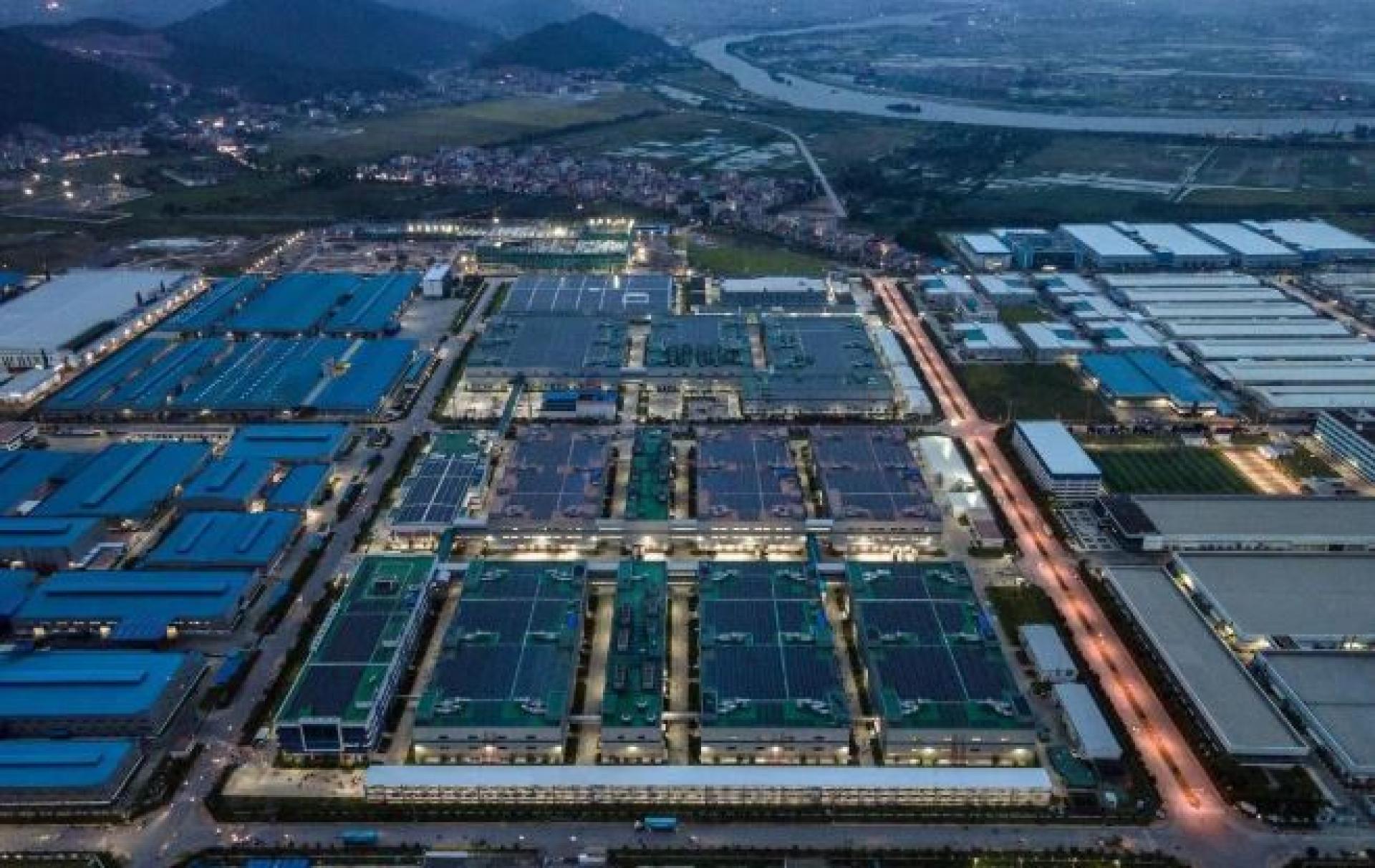(Hanoi, 13th, Comprehensive) The Vietnamese government plans to exempt coal-fired power plant operators from paying the 15% corporate tax, and to relax exemption conditions for other large enterprises to appease foreign investors. However, this move is expected to result in hundreds of millions of dollars in lost tax revenue.
On September 7, the Vietnamese Ministry of Finance proposed a related plan, aiming not to levy the minimum 15% corporate tax on some multinational enterprises in order to "ensure a stable investment environment."
According to the international tax framework published by the Organisation for Economic Co-operation and Development (OECD) in 2021, if a multinational enterprise pays less than 15% tax in the country of investment, its headquarters country may impose a top-up tax for the difference.
The document shows that Vietnam will immediately exempt seven coal-fired power plants controlled by foreign capital from tax payments. The involved investors include Japan's Mitsubishi, Marubeni and Sumitomo, Korea Electric Power Corporation (Kepco), U.S. energy company AES, as well as China Southern Power Grid.
Over the next 20 years, this exemption will reduce Vietnam's government tax revenue by about US$426 million (about S$547 million), while the tax impact of the seventh power plant has yet to be estimated. The document pointed out, “If the tax is levied, the compensation amount the government may have to pay would be higher than the tax collected itself.”
In addition, the proposal grants the Vietnamese government greater discretionary power to decide whether to provide tax exemption to more foreign-funded enterprises, emphasizing that "the country's investment reputation" takes precedence over tax revenues.
This legislation is expected to be submitted to the National Assembly for review and approval next month.
In recent years, although Vietnam has become a major production center for multinational companies, its appeal to foreign investment has diminished due to factors such as a 20% tariff imposed by the United States on its export products, rising tax burdens for large enterprises, and a tight power supply.
According to OECD regulations, these exempted enterprises might still be required to pay the top-up tax in other jurisdictions. However, the Vietnamese Ministry of Finance stated that the proposal complies with OECD tax guidelines.
